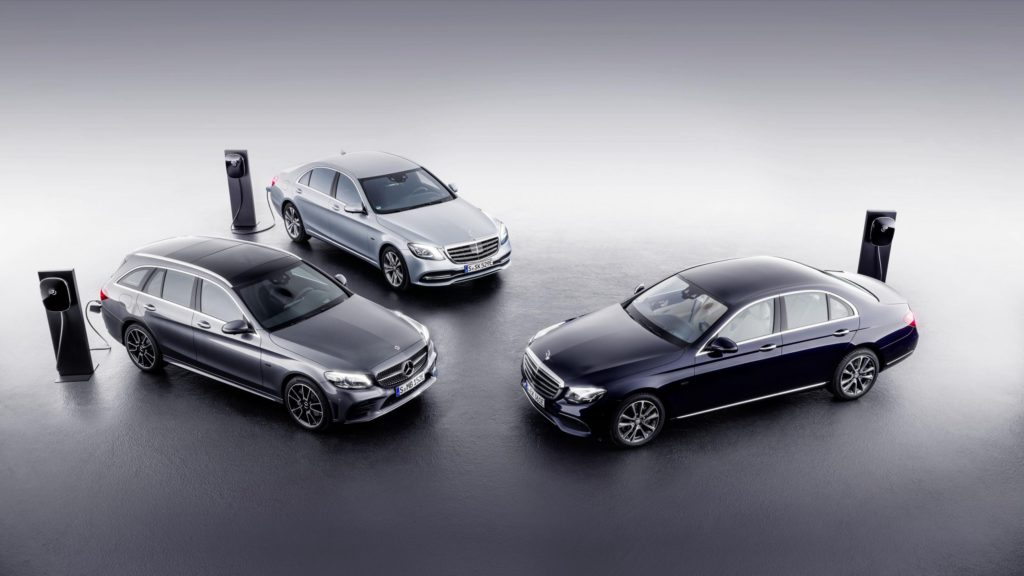Daimler in cost-cutting effort as long-term partnership to end
23 April 2019

23 April 2019
Daimler is seeking €6 billion in cost savings and efficiency gains as its partnership with the Renault-Nissan-Mitsubishi Alliance could be coming to an end.
Incoming CEO Ola Kallenius is seeking to shore up the business following a drop of 22% in the German carmaker’s operating profit during Q4 2018. This was blamed on trade wars, industry downturn and the rising cost of electric vehicle (EV) development, according to reports. The company will release its Q1 2019 results later this month.
Daimler is already taking steps to ensure it can return to a stronger financial position. The carmaker recently announced that its largest shareholder, Geely, was to take a 50% stake in its city car brand Smart, with a focus on the Chinese market.
Partnership over
Ending the collaboration with the Renault-Nissan-Mitsubishi Alliance would see the end of a ten-year engineering and industrial partnership, spread across the passenger car, van, pick-up and engine sectors. However, Kallenius wants to focus on Daimler’s growing partnership with BMW instead, reports Manager Magazin.
Ending the collaboration with the Renault-Nissan-Mitsubishi Alliance would see the end of a ten-year engineering and industrial partnership.
The partnership with the French company started in April 2010, with Daimler taking a 3.1% share in both Renault and Nissan, and Renault and Nissan each holding a 1.55% share in Daimler. The scope of the original collaboration in 2010 was limited to three projects, primarily in Europe, but it grew to 12 projects including a joint factory in Mexico and Nissan supplying Mercedes with the X-class pick-up. However, no new projects have been announced in several years.
With the recent accusations surrounding former chairman Carlos Ghosn, together with the upcoming retirement of Daimler’s long-time CEO Dieter Zetsche, the current partnership will soon be devoid of any of its biggest advocates.
Future landscape
Kallenius instead sees the work that Daimler is doing with BMW in the mobility and autonomous landscapes as much more worthy of investment. With the automotive market changing as ownership patterns shift from total vehicle control to mobility service use and technology companies invade the market to push driverless concepts, focusing money on a collaborative effort with a similar-sized rival in the domestic market makes sense to the new CEO.
Daimler’s announcement last month that it will create a joint venture with Geely to build Smart cars in China is also expected to mark the end of cooperation to base the Smart ForTwo and ForFour cars on the Renault Twingo platform.
Kallenius will succeed Zetsche on 22 May. One of his first tasks will be to steer the carmaker through the latest accusations over improper emissions testing, while also ensuring that it does not receive a fine from the EU Commission over a report into a cartel run by German companies. Daimler was the whistleblower in this accusation.